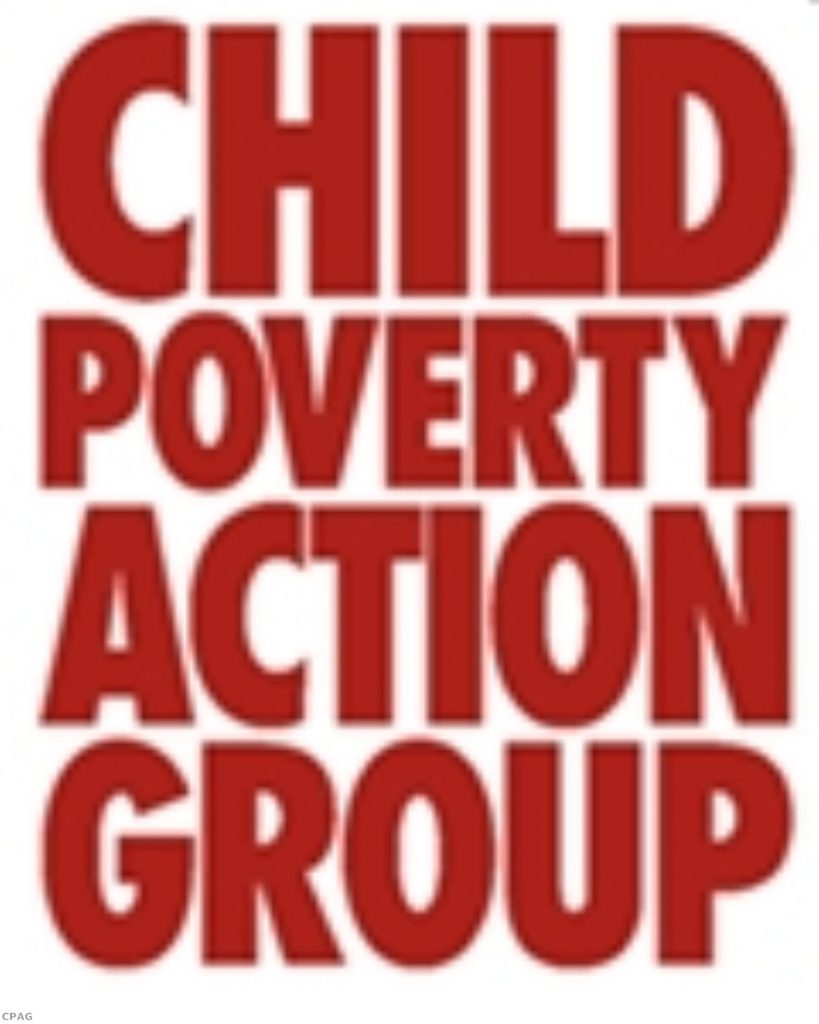CPAG: ‘Double Lockout Bill’ cuts real support for workers and jobseekers by 4%
A new report published today by Child Poverty Action Group, with contributions from a range of experts, reveals that the government’s welfare benefit uprating legislation is based on bogus claims and is a poverty-producing bill that will further exclude the poorest workers, jobseekers, carers and disabled people from the mainstream of society.
The legislation creates a ‘Double Lockout’ that excludes workers, jobseekers, carers and disabled people from a link with either rising prices or earnings. This stands in contrast to the ‘triple lock’ guarantee that the government has given pensioners.
Increasing benefits by 1 per cent over each of the next three years, significantly below OBR estimates for inflation and earnings, will amount to a 4 per cent real terms cut in benefits. This would be in addition to previously announced cuts to benefits.
The report finds that:
· The bill is poverty-producing and means that both absolute and relative child poverty will increase (chapter 1, Lindsay Judge)
· Contrary to arguments made by Ministers, welfare spending on workless families has been falling and most Jobseekers Allowance claimants find new jobs within months (chapters 2 and 4, Declan Gaffney, Tracy Shildrick and Rob MacDonald)
· The bill puts the economy at risk by failing to protect the economy’s ‘automatic stabilisers’ (chapter 3, Jonathan Portes)
· Contrary to popular perception, benefit fraud is at its lowest ever recorded level and the ‘scrounger’ stereotype is grossly inaccurate (chapter 5, Ben Baumberg)
· The government must focus on the root causes of social security and tax credit demand and prioritise progress on full employment, living wages, affordable housing and affordable childcare (chapter 6, Alison Garnham)
Alison Garnham, Chief Executive of Child Poverty Action Group, said:
“The ‘Double Lockout Bill’ will leave low paid families, jobseekers, carers and disabled people locked out from both rising prices and earnings, with the inevitable consequence that child poverty will increase. It’s wrong to punish the poorest and most disadvantaged in our society by cutting social security protection every time growth targets are missed while the better-off are protected.
“It really would be politics of the worst kind if, as reported, this bill has been laid to create a political dividing line – we are talking about real lives, not political games.
“Depicting the neighbour with drawn curtains in the morning as a ‘scrounger’ to be scorned is a dangerous game to play. You may find it is a sick or disabled person, whose curtains are only drawn when their carer arrives, or a nurse who just got to bed after her night shift.
“This is a poverty-producing bill that does nothing to reduce the need for support. And since those on benefits have incomes so low they have no choice but to spend all their income, it also sucks money out of the economy.
“We need a secure future for Britain’s families, and that means ending poverty by making progress towards full-employment, living wages, affordable housing and affordable childcare. The truth is that our social security and tax credits have been left to do far too much of the heavy lifting left by labour market, housing and childcare market failures.”
ENDS
Notes to Editors
· The full report is attached under embargo with the email distribution of this press release; and it will be published on the CPAG website on Monday 7th January.
· Polling shows that the public do not support a policy that locks out the poorest households and families from a link with rising prices and basic living standards. An Ipsos Mori poll from December 2012 showed that 69% of people believe benefits should rise at least in line with inflation: http://www.ipsos-mori.com/researchpublications/researcharchive/3093/Ipsos-MORI-Autumn-Statement-Poll.aspx.
· The Coalition Agreement commits to reducing child poverty by 2020. However, the bill will inevitably increase (i) relative low income child poverty, (ii) absolute low income child poverty, and (iii) material deprivation – all of which the government has legal targets for in the Child Poverty Act.
· CPAG is the leading charity campaigning for the abolition of child poverty in the UK and for a better deal for low-income families and children.
· CPAG is the host organisation for the Campaign to End Child Poverty, which has over 150 member organisations and is campaigning for public and political commitment to ensure the goal of ending child poverty by 2020 is met.
For further information please contact:
Tim Nichols
CPAG Press Officer
Tel. 020 7812 5216 or 07816 909302





-01.png)